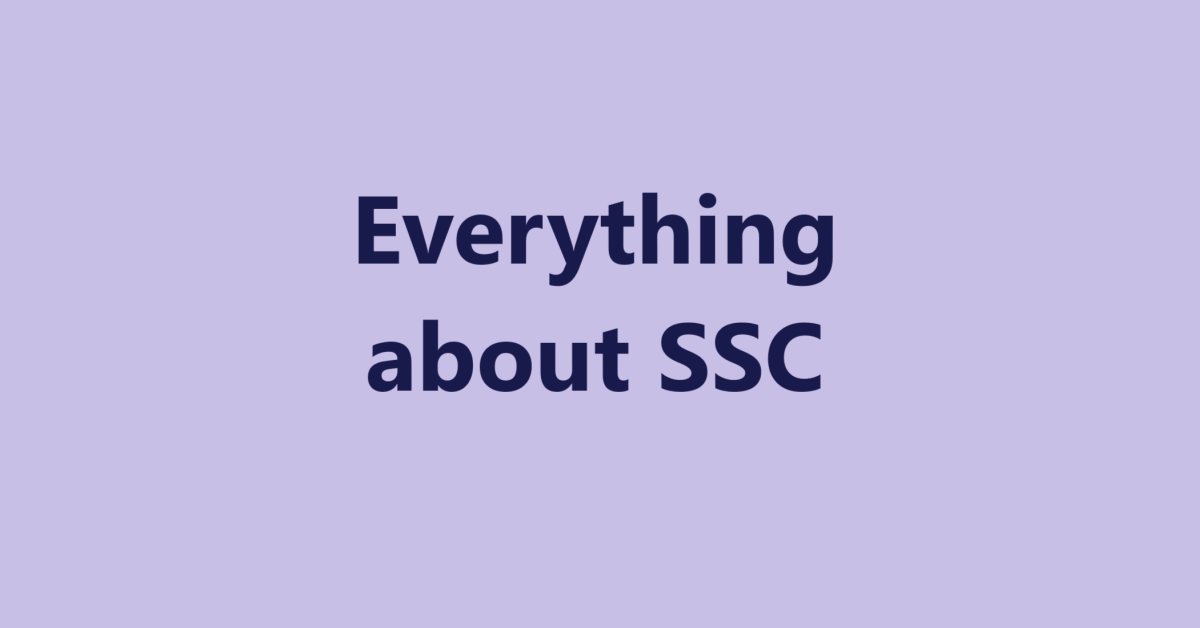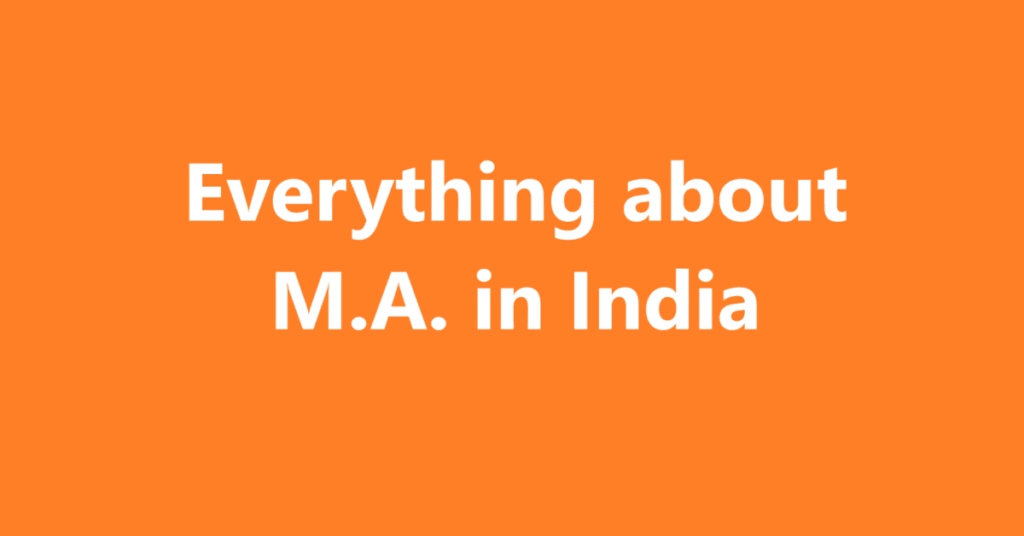The SSC (Staff Selection Commission) exam is a competitive examination conducted by the Staff Selection Commission of India to recruit staff for various posts in ministries, departments, and organizations of the Government of India. Here’s an overview of the SSC exam:
1. Purpose
The SSC exam is designed to fill various posts in central government organizations, including clerical positions, assistants, inspectors, and officers in different departments.
2. Commonly Conducted Exams
SSC conducts several examinations, including:
- SSC CGL (Combined Graduate Level): For recruiting graduates in various central government ministries and departments.
- SSC CHSL (Combined Higher Secondary Level): For recruiting candidates for posts like Lower Division Clerks (LDC), Data Entry Operators (DEO), and Postal Assistants.
- SSC MTS (Multi-Tasking Staff): For recruiting candidates to various group C posts in central government departments.
- SSC JEE (Junior Engineer): For recruiting engineers in various departments.
3. Eligibility Criteria
The eligibility criteria vary depending on the specific exam, but generally include:
- Educational Qualification: Varies for each exam (e.g., SSC CGL requires a bachelor’s degree).
- Age Limit: Usually ranges from 18 to 30 years, but this may vary based on the specific post and examination.
4. Exam Pattern and Syllabus
- Format: Most SSC exams consist of multiple-choice questions (MCQs).
- Subjects: Common subjects include:
- General Intelligence and Reasoning
- General Awareness
- Quantitative Aptitude
- English Language
- Stages: Many SSC exams have multiple stages, such as Tier-I (preliminary) and Tier-II (mains), along with skill tests or interviews for certain positions.
5. Application Process
- Candidates must apply online through the official SSC website during the application window specified in the exam notification. The process includes:
- Filling out an online application form
- Payment of the application fee
- Uploading necessary documents
6. Admit Card and Exam Date
- Candidates can download their admit cards from the SSC website a few weeks before the examination. The exam dates are announced in advance.
7. Result Declaration
- SSC releases the results on their official website, including cut-off marks for various stages of the examination. Candidates may also receive scorecards detailing their performance.
8. Career Opportunities
Successful candidates can secure jobs in various government departments, which often come with job security, good pay, and benefits. Common positions include:
- Assistant in ministries
- Tax Assistant in the Income Tax Department
- Inspector in various departments
- Lower Division Clerk (LDC)
FAQs about SSC Exam
Here are some frequently asked questions (FAQs) about the SSC (Staff Selection Commission) exam, along with their answers:
1. What is the SSC exam?
- The SSC exam is a competitive exam conducted by the Staff Selection Commission in India to recruit staff for various posts in government ministries, departments, and organizations.
2. What are the main SSC exams conducted?
- The main exams include:
- SSC CGL (Combined Graduate Level)
- SSC CHSL (Combined Higher Secondary Level)
- SSC MTS (Multi-Tasking Staff)
- SSC JEE (Junior Engineer)
3. What is the eligibility criteria for SSC exams?
- Eligibility varies by exam:
- CGL: Typically requires a bachelor’s degree from a recognized university.
- CHSL: Requires passing the 12th grade (Higher Secondary School).
- MTS: Requires passing the 10th grade (Matriculation).
- JEE: Requires a degree in engineering (B.E./B.TECH) depending on the post.
4. What is the age limit to apply for SSC exams?
- The age limit varies by exam and position:
- CGL: Generally between 18 to 30 years (dependent on the specific post).
- CHSL: Usually between 18 to 27 years.
- MTS: Generally between 18 to 25 years.
- Age relaxations are available for specific categories (SC/ST/OBC/PWD).
5. How is the SSC exam structured?
- Most SSC exams consist of objective multiple-choice questions (MCQs) divided into different sections, such as:
- General Intelligence and Reasoning
- General Awareness
- Quantitative Aptitude
- English Language
- Some exams may have tiered stages (e.g., Tier-I, Tier-II).
6. How do I apply for the SSC exam?
- Candidates can apply online through the official SSC website during the application period announced for each exam. The process typically involves:
- Filling out the application form
- Paying the application fee
- Uploading necessary documents
7. What is the selection process?
- The selection process usually consists of:
- Written Examination: Conducted in multiple tiers based on the specific exam format.
- Skill Test/Typing Test: For certain posts (e.g., CHSL, Data Entry Operator).
- Interview: Sometimes included, depending on the exam and post.
8. When are SSC exam notifications released?
- SSC releases exam notifications at different times throughout the year. Candidates should regularly check the official SSC website for updates.
9. What is the SSC exam syllabus?
- The syllabus varies for each exam but generally includes:
- Logical reasoning
- Numerical ability
- Comprehension and vocabulary
- General knowledge and current affairs
10. How are marks calculated in the SSC exam?
- Most SSC exams use a scoring system where each correct answer earns a fixed number of marks, while there may be negative marking for incorrect answers (usually 0.25 or 0.5 marks deducted).
11. Can I take the SSC exam more than once?
- Yes, candidates can take the SSC exams multiple times, as long as they meet the eligibility criteria for their chosen exam.
12. What resources can I use for preparation?
- Candidates can use:
- SSC-specific study guides and textbooks
- Online courses and coaching classes
- Mock tests and previous year’s question papers
- Study groups and forums
13. How and when are the results declared?
- Results are usually announced on the official SSC website several weeks after the exams are conducted. Candidates can check their scores and obtained merit list.
14. What are the common jobs available through SSC?
- Common positions include:
- Assistant in various ministries
- Lower Division Clerk (LDC)
- Data Entry Operator (DEO)
- Tax Assistant
- Inspector roles in various departments
15. What are the benefits of working in SSC-recruited positions?
- Benefits include job security, a structured pay scale, various allowances, and opportunities for career growth and promotions within the government sector.
Conclusion
The SSC exams are an essential pathway for many individuals aspiring for a career in the Indian government sector. Preparing for these exams requires a good understanding of the syllabus, consistent practice, and familiarization with the exam format.


